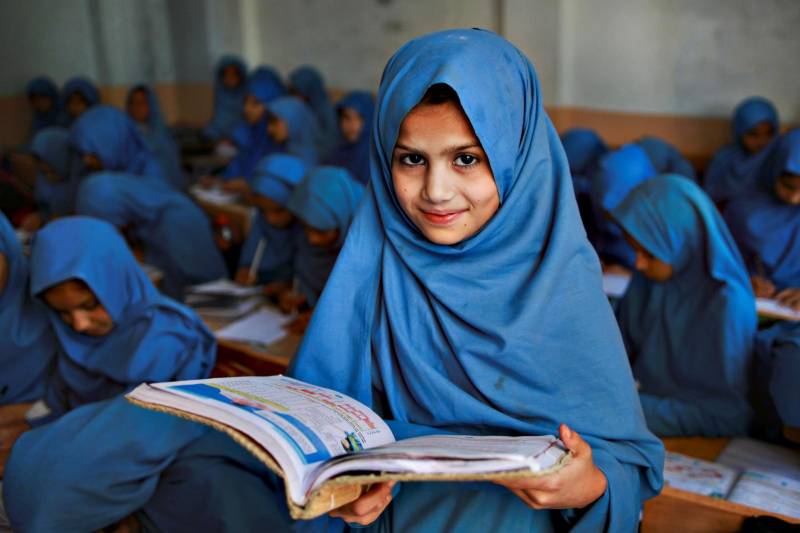
The COVID-19 pandemic has affected education services at the primary, secondary and tertiary level. All schools, colleges and universities in Pakistan have been shutdown. There are serious challenges for the leadership to decide for the future course of action as bottlenecks pertaining online education pervade, reported PIDE.
Internet Connectivity: One of the main challenges is of poor internet connectivity which is the main hindrance in online teaching particularly in remote areas. On connectivity we must also think of network capacity. Mobile companies tell us that there is a huge increase in usage since the lockdown, leading to capacity
Faculty’s Reluctance for Online Teaching: Preparing faculty for delivering lectures using these new means of communication is another challenge.
All Subjects being Treated Similarly: There is a need to develop a separate policy for a group of subject(s) and not deal all the disciplines with same yardstick. HEC guidelines still indicate “one size fits all” policy.
Finding a 'New Normal' in Education - Adapt
The concept on the inverted classroom has been gaining ground this century led by the innovation of the Khan Academy. In inverted-class room teaching, all notes and lectures are available to students and they read before joining the class.
PIDE says that group of experts for each subject should collaborate and explore all possible resources available freely online. Online resources include coursera.org, edx.org, MIT Open courseware, and many other such sources.
This is a time for collaborating across universities and disciplines as well as innovation. Hybrid learning arrangements should be made. Universities should seek partnerships with Online learning companies. Using TV channels for imparting education where it is possible should be explored. Virtual University and AIOU services can be utilized. Likewise, FM radio channels can be used in regions where TV channels cannot be accessed.
According to UNESCO’s COVID-19 Educational Disruption and Response, Pakistan has 46.8 million affected learners due to the virus. There are number of challenges in this regard where leadership in the sector has a key role to play in this time of crisis:
Internet Connectivity: One of the main challenges is of poor internet connectivity which is the main hindrance in online teaching particularly in remote areas. On connectivity we must also think of network capacity. Mobile companies tell us that there is a huge increase in usage since the lockdown, leading to capacity
Faculty’s Reluctance for Online Teaching: Preparing faculty for delivering lectures using these new means of communication is another challenge.
All Subjects being Treated Similarly: There is a need to develop a separate policy for a group of subject(s) and not deal all the disciplines with same yardstick. HEC guidelines still indicate “one size fits all” policy.
HEC received complaints where: 30% of the students raised issues regarding connectivity; 25% talked about faculty unpreparedness for online teaching; and 13% had a problem with low quality of education.
Finding a 'New Normal' in Education - Adapt
The concept on the inverted classroom has been gaining ground this century led by the innovation of the Khan Academy. In inverted-class room teaching, all notes and lectures are available to students and they read before joining the class.
PIDE says that group of experts for each subject should collaborate and explore all possible resources available freely online. Online resources include coursera.org, edx.org, MIT Open courseware, and many other such sources.
This is a time for collaborating across universities and disciplines as well as innovation. Hybrid learning arrangements should be made. Universities should seek partnerships with Online learning companies. Using TV channels for imparting education where it is possible should be explored. Virtual University and AIOU services can be utilized. Likewise, FM radio channels can be used in regions where TV channels cannot be accessed.
